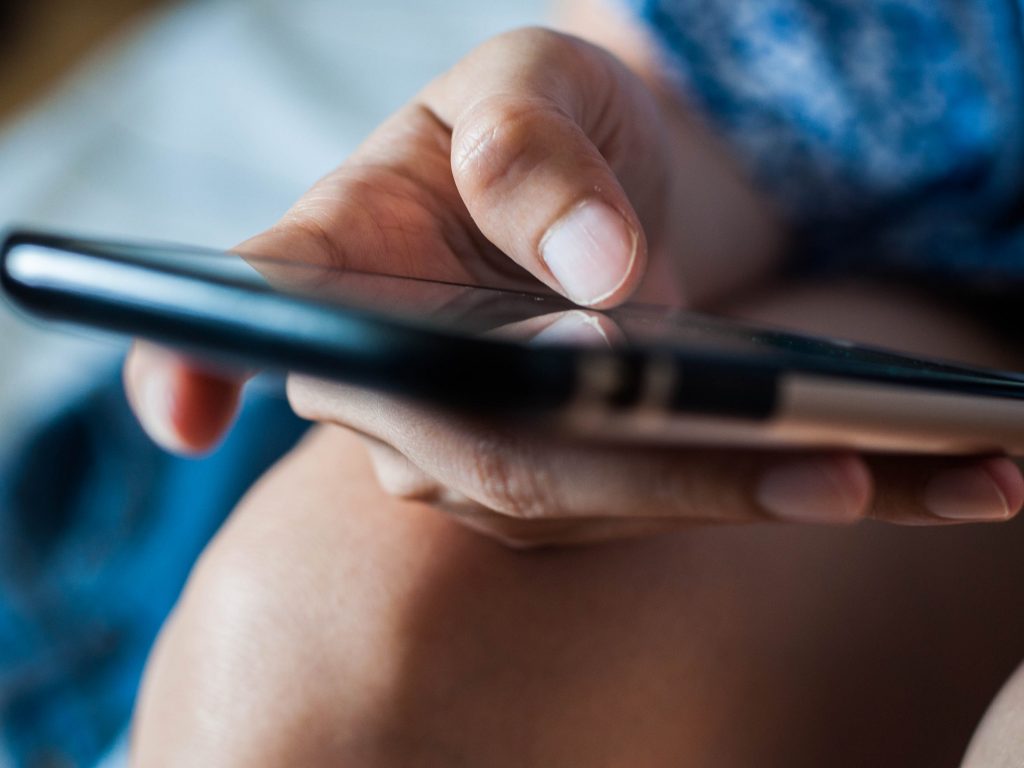- Apple is testing an iPhone with a USB-C port instead of a lightning port, Bloomberg reported Friday.
- USB-Cs are more common and are already used in some of Apple's devices, the outlet noted.
- The move comes amid the European Union's call for a universal port.
Apple is testing an iPhone that would strike down one of the device's most unique features: the lightning port, according to a report from Bloomberg Friday.
Bloomberg cited people "who asked not to be identified because the matter is private."
The iPhones in testing would instead have the USB-C port, the story said.
USB-C ports are "now found on all manner of devices, from simple external hard drives to high-end laptops and the latest smartphones," according to an explainer from PCMag.
iPhones have long been known for having special connectors. As Bloomberg notes, the device has swapped ports twice now.
The USB-C initiative comes as the European Union creeps closer to enforcing USB-C's as a nearly universal port, which Apple has spoken out against, according to MacRumors.
The EU's proposal would also be particularly tough on Apple compared to other companies, but the idea is to limit carbon footprint and make life easier for consumers, Insider has previously reported.
In the last few days, there were some booms of speculation that lightning's days were numbered, from analyst Ming-Chi Kuo, per The Verge.
"It's expected to see existing USB-C-related suppliers of Apple's ecosystem (e.g., IC controller, connector) become the market's focus in the next 1-2 years, thanks to vast orders from iPhones and accessories' adoption of USB-C ports," Kuo wrote in a Tweet.
There's definitely evidence of public interest in an iPhone with a more widely used port.
An engineering student created the first known iPhone with a USB-C port, and the auction price hit $85,000 at one point, Insider previously reported.
Its final selling price was $86,001, The Verge reported.
Apple did not respond to a request for comment. Nor did the European Union.

